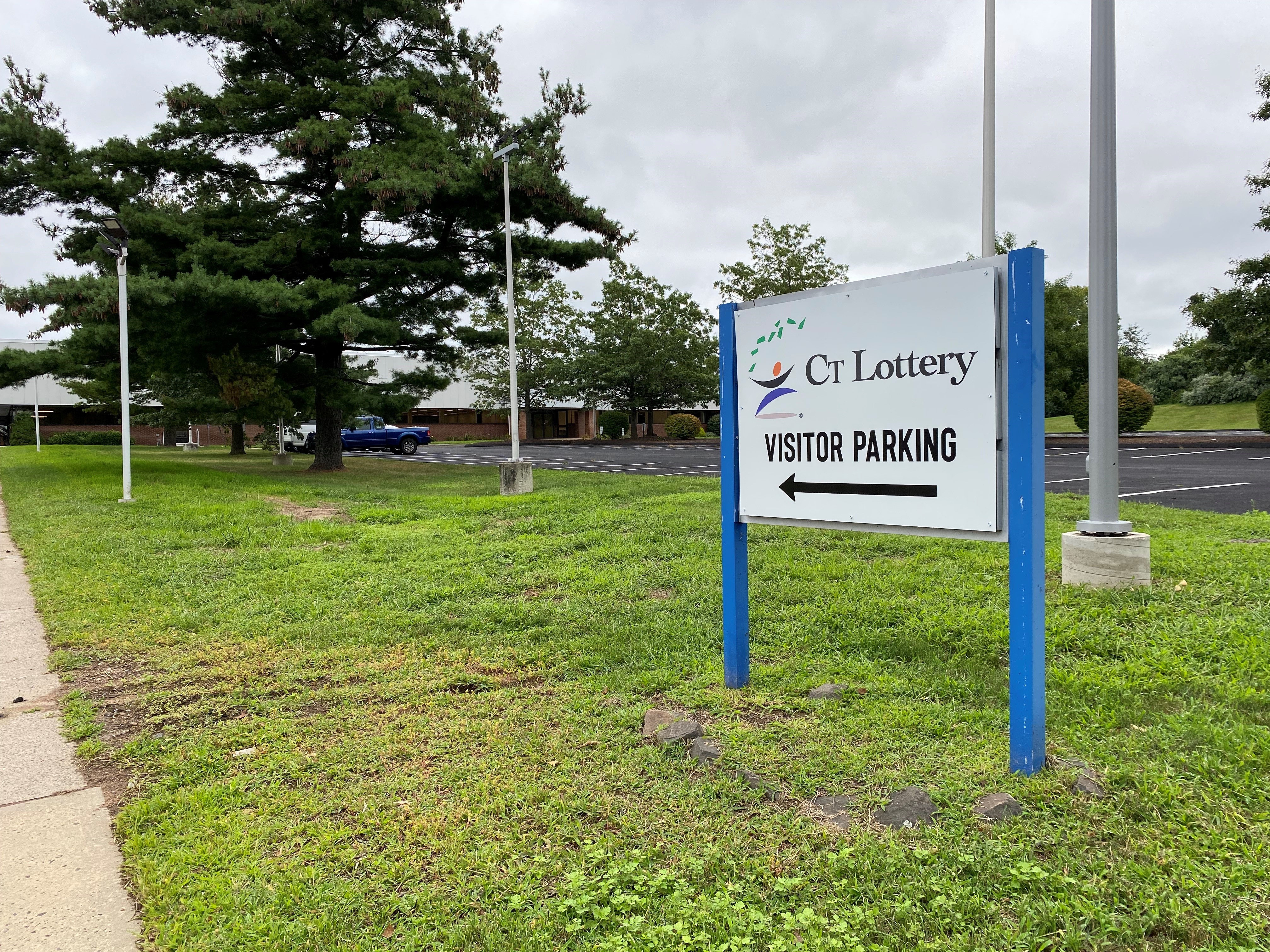Connecticut Attorney General William Tong is joining 20 other states in an effort to prevent the Affordable Care Act from being ruled unconstitutional.
A Federal Judge in Texas ruled earlier this year that the law was now unconstitutional because the penalty for not carrying insurance has been effectively eliminated, nullifying the rest of the law.
"This isn't about national issues. It's certainly not just about Donald Trump and the Trump administration and its cruel attack on Connecticut,” said William Tong, a Democrat. “Residents and families and American people. This is about families in Connecticut who depend on the Affordable Care Act for life."
The Trump administration had initially stayed out of the legal battles surrounding Obamacare, as the law is known. But the Justice Department announced Tuesday morning that it supported the effort to dismantle the law.
In Connecticut, Republican State Sen. Kevin Kelly, (R – Stratford), stopped short of calling for the law to be scrapped, but he did advocate for efforts to rein in some of the high premiums consumers have to pay for coverage.
"What we need to do is get better ways to solve the cost problem,” said Kelly, who is the ranking Republican on the Insurance Committee in the Connecticut General Assembly.
If the law were to be ruled invalid, Connecticut has a lot to lose. The state received about $6 billion in federal funds relating to Obamacare from 2011 through 2017. There are also more than 260,000 people who receive Medicaid coverage as a result of an expansion of the program.
Local
Tong says the answer to the question at the heart of the case, whether the law can exist without a penalty for not carrying coverage, has already been answered.
"There's no reason to think that the federal government can't enact a comprehensive law about health insurance. They have. It's called Medicaid and Medicare,” he said.
A federal appeals court will hear the case, and then it is possible it could go to the US Supreme Court for a second time, on the question of constitutionality.
Tong says he’s optimistic that the high court will rule the same way it did the first time it decided that the law met constitutional muster.
"They can be thoughtful about the Affordable Care Act,” he said. "They know how huge of an impact this law has had on the people of Connecticut."



